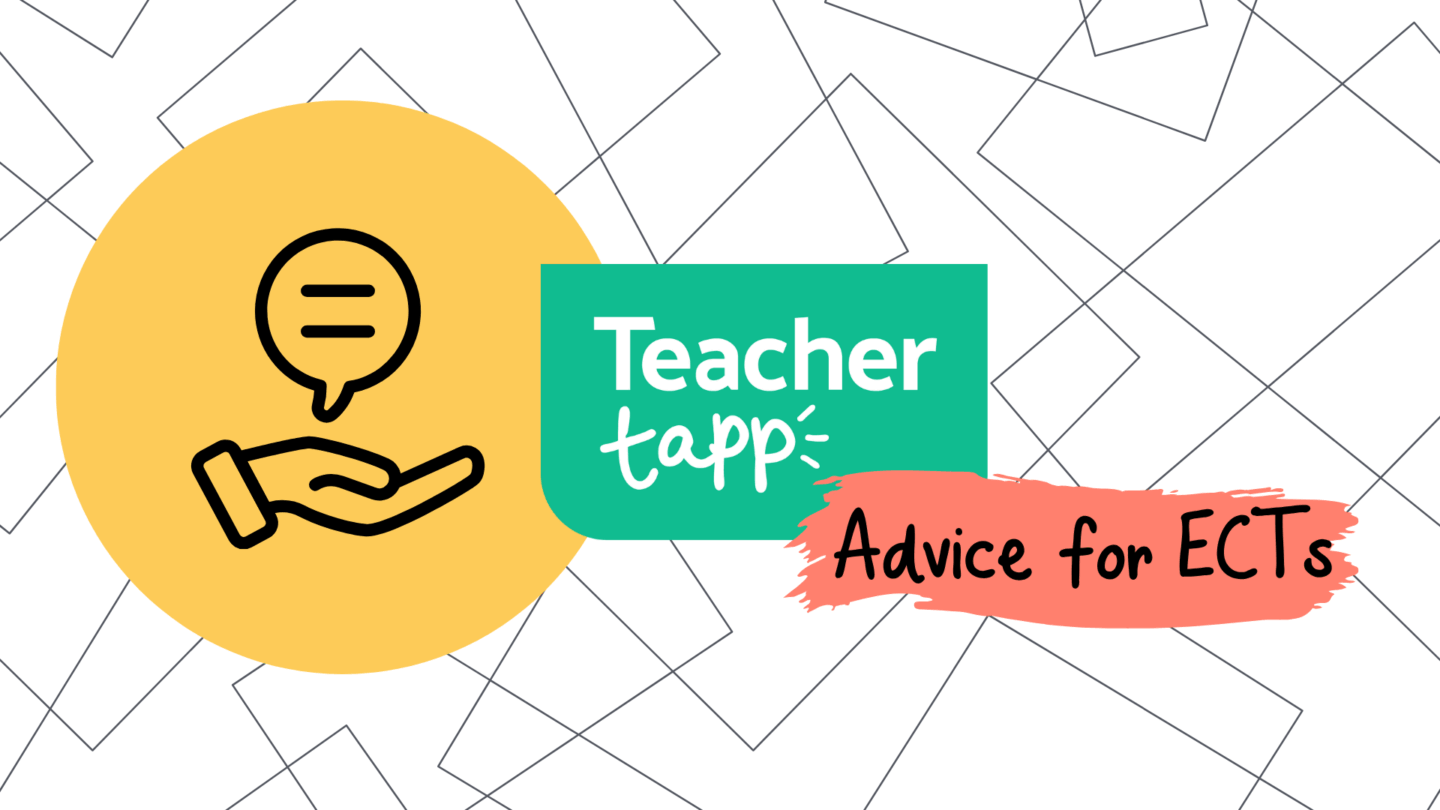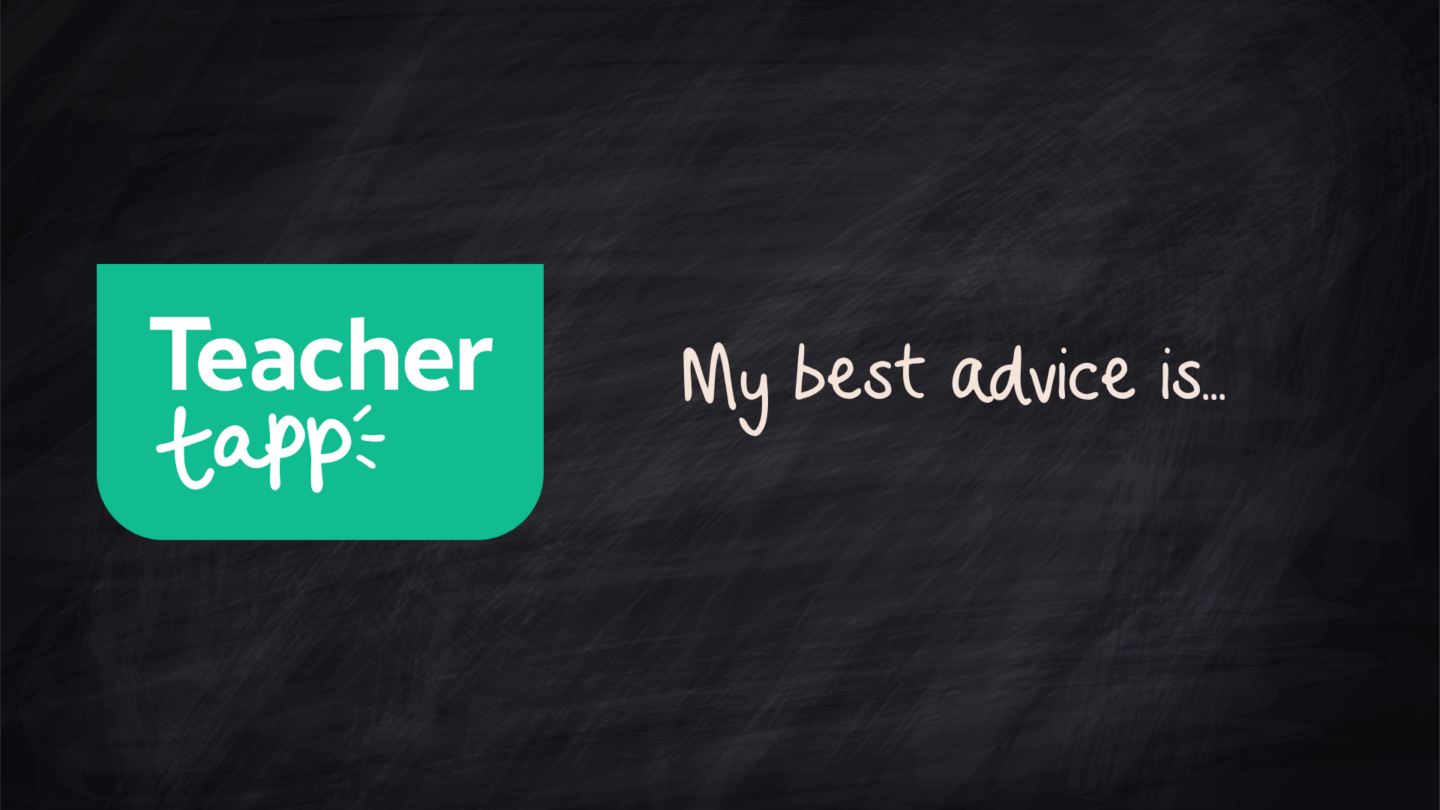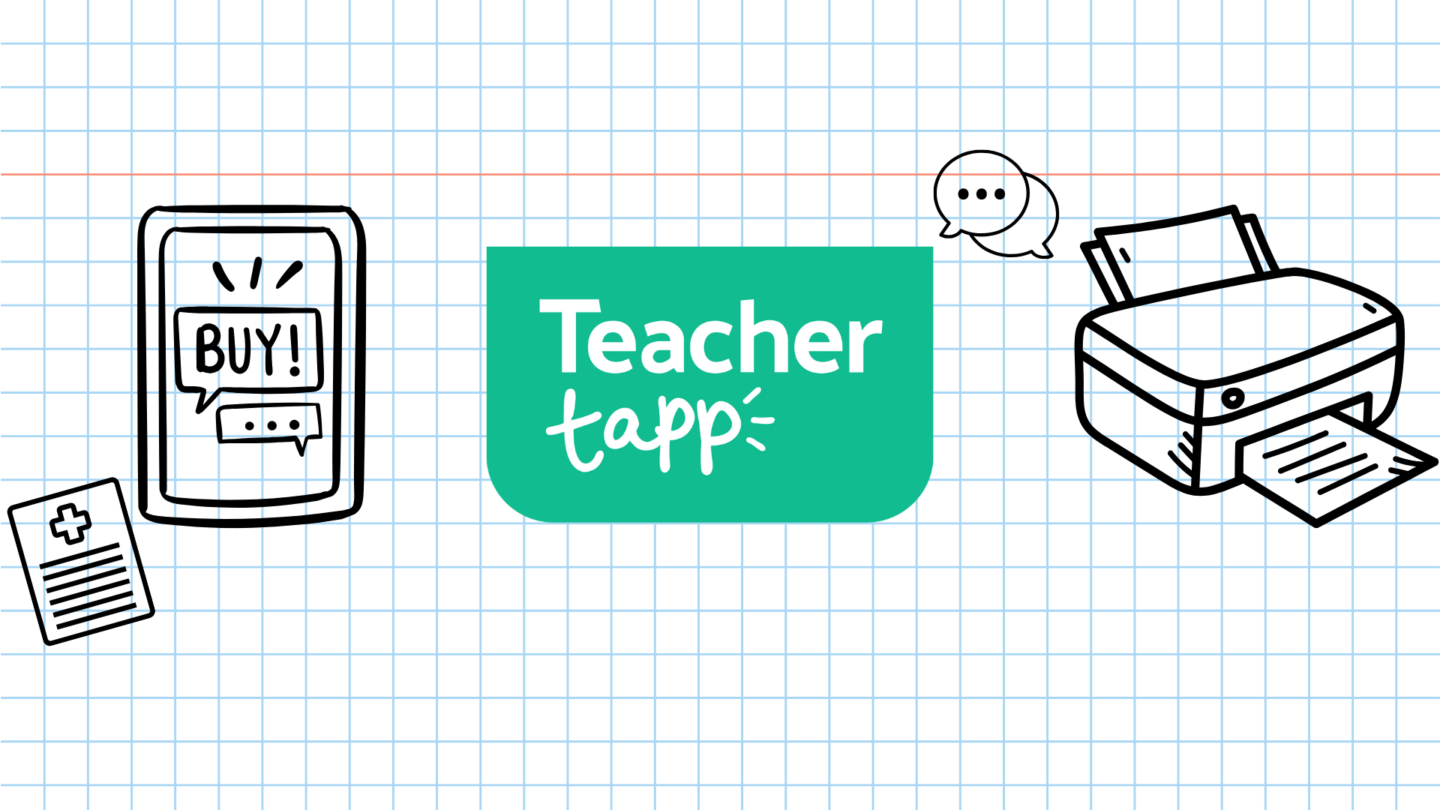Snow is horrible. Until it rains. No one likes a wet play time. ?
https://giphy.com/gifs/rain-window-rainy-day-gRnSZSRzOJeG4
Still, we’ve got some juicy findings from this week. Do read on!
1.Book Scrutiny: The Challenge Is Real
Over the weekend, education secretary Damian Hinds said he wanted to reduce workload by promising teachers they didn’t need to do lots of extra tasks for the sake of ‘accountability’.
A topic dear to Teacher Tapp panellists hearts is book scrutiny. We wanted to check how prevalent it is and we found that 75% of schools appear to have book scrutiny at least once per term.
Around 4 in 10 teachers said they find the process stressful, and 37% of teachers have book scrutiny included in their performance management. (No wonder it is stressful).

Book scrutiny occurs more often in schools with lower Ofsted grades. That said, it also occurs termly in 70% of outstanding schools.
A similar proportion of teachers in all school find it stressful, but teachers in schools with lower Ofsted grades found it helpful more often than those in outstanding schools (19% compared to 11%). Could it be that some types of book scrutiny are more useful than others?

Primary teachers report way more book scrutiny than secondary colleagues. 85% of primary teachers said scrutiny occurred at least termly, compared to just 72% in secondary. Primary teachers were also more likely to say it was part of their performance management and that it was useful.
Secondary teachers are more scathing about the validity of book scrutiny – with 36% (more than one in three) believing such checks are “pointless” because written work doesn’t reflect the quality of learning.
Secondary teachers are also more responsive to scrutiny – 44% pre-emptively mark their books more if they know a check is imminent. Could this be why they don’t believe the scrutiny is an accurate reflection of what is going on in class most of the time?

What the figures clearly do show is that scrutiny is very common across both primary and secondary, and that for a significant minority it is stressful and prompts additional work. As a profession we don’t have good evidence that time spent marking makes a huge difference to learning outcomes. Dylan Wiliam often refers to marking as one of the “most expensive public relations exercises in history”.
However, with schools increasingly encouraged to move away from grading lessons, what are the measures that leaders can use to check on the quality of learning? Any thoughts?
2. Language & arts teachers most likely to be left-handed
A teacher on social media asked if we could find out whether left-handed teachers crowd into certain subjects. The stereotype/research would suggest left-handers are more commonly found in creative subjects. Is it true?

Creative/practical arts and languages hit the top of the left-hand leader board – with 17% of left-handers a piece.
Note that creative arts also had 3% of teachers who said they were equal between both their left and right-hand.
Shockingly against stereotype, maths teachers came next with 16%.
And the lowest subject group – who are allegedly the least creative – were the primary teachers!
Could it be that primary teachers are actually just really organised and quite traditional, whereas maths teachers are super-creative with their problem-solving? It’s that or the neuroscience needs updating. Perhaps we’ll give a call to let them know!
3. Is teacher workload caused by teachers being too conscientious?
Teachers are curious folk. After spending over a decade trapped in school without a choice, they willingly subject themselves to going back, voluntarily, throughout their career too.
What sort of person does this? Could it be that teaching appeals to high-achievers who like hard work and doing homework? And, if that’s true, doesn’t it mean teacher workload will always be huge because teachers are just naturally the sort of personality who like doing homework?
The Big Five personality scale is a well-established inventory of questions designed to measure certain personality ‘traits’ – i.e. ways that we tend to behave.
One of the five testable traits is ‘conscientiousness’. Here’s the wikipedia entry
- Conscientiousness (efficient/organized vs. easy-going/careless). A tendency to be organized and dependable, show self-discipline, act dutifully, aim for achievement, and prefer planned rather than spontaneous behavior.
Could it be that teachers are high on conscientiousness?
To find out we asked three questions from the scale. The majority of teachers answered in a way that suggested they are conscientious (between 80-90% each time).
But what do all these dutiful teachers mean for workload?
We thought the trend for 4-day working might be driven by conscientious teachers wanting to ensure they got all their work done. But conscientious teachers said they wanted to work 5-day weeks at the highest rate!

Do different subjects have different levels of conscientiousness?
A little. But the variations aren’t huge – and it’s against expectation that creative/practical arts staff, who are sometimes stereotyped as more unruly, turn out to be the most conscientious of all!

This is one of those examples where initial tests of a theory aren’t bearing out from the evidence yet. But we are still too far away from a sample on which we can draw firm conclusions. We also need to ask some more questions, as some will be more powerful than others. In time, we hope to provide Teacher Tapp users with a way to see how your traits differ to those with your subject/job role. So keep telling people to sign-up – we need the numbers to make it happen!
4. Are working hours getting longer?
Workload perception matters. If people feel like things are getting better or worse in the profession then it influences how they feel about the sustainability of their job.
Even though we normally ask very specific questions about current work, last week we asked for your perception on working hours compared to last year.
Here’s what we found:

Compared to a year ago, 35% of teachers are working the same hours, 28% working slightly longer, and 21% working much longer.
But who are the people working the shorter hours?!
How experienced you are makes a difference. Teachers in their first few years more often reported working fewer hours this year. Starting out as a teacher is a stressful endeavour, especially if you must plan all lessons from scratch.
For the first few years, as teachers get more experienced they may gradually see their hours even out and this is why they are the most prominent shorter-hour crowd.

A school’s Ofsted grading didn’t tell us too much about whether or not staff perceived their hours to be worse:

What we did notice is that secondary teachers seemed to be having a rougher year compared to last. A simple explanation is the GCSE and A-level reforms. Over 20 new GCSEs come on board this year, along with the final linear A-levels. Key Stage 3 curriculum is still in flux as schools work out if they should be doing more preparation for GCSEs and move to a 3-year GCSE programme.

Primary teachers have reached more stasis. The SATs exams, while still sucking up time, are no longer changing all the time. The phonics check is now a work-a-day thing, and the baseline and timestables checks are specks in the distance.
If settled exams and curriculum do mean workload is alleviated a little then it will be welcome news that Damian Hinds also announced at the weekend there will be no more additional tests or curriculum changes. Except for all the ones already announced. ? Small mercies, eh?
**
5. Finally, as ever, we learned that you really love our daily tips, so here are the links for last week:
We don’t need no innovation (Steve Adcock)
Assembly ideas from Teacher Head
Shift happens: field guide to jobs that haven’t happened yet
*
Right folks – over and out for another week…
In the meantime, please keep sharing what we are doing. Remember, we need more of you before we can do the really exciting and detailed analysis!
Here’s the powerpoint slide (with script), a PDF, and a black-and-white one-pager to help out with that.
**
Enjoyed this post and want to join our Teacher Tapp panel?
Sign up via the iPhone App Store or the Android App Store.
You can also check out more at www.teachertapp.com





